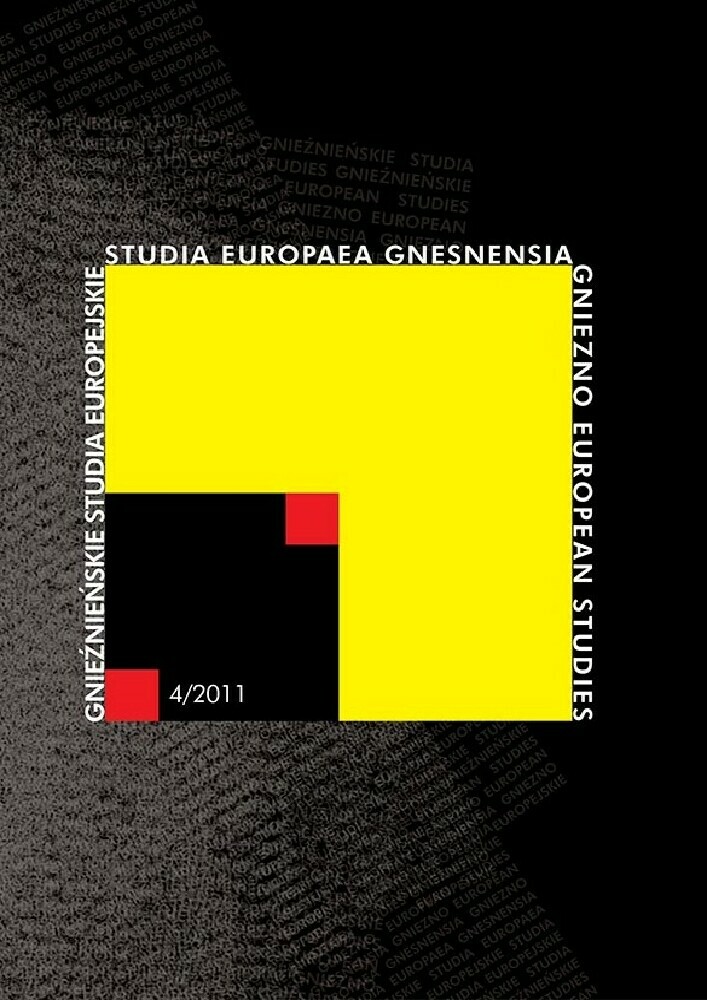Abstrakt
This article concerns the question of political engagement of the West-European intellectuals from the Dreyfus Affair (1898) to the Second World War. After the Second World War, the European intellectuals attempted to resort to the mode of action elaborated by Dreyfus’ advocates and defenders outside the courtroom. Nevertheless, the success had not been achieved again. The European intellectuals failed to repeat the accomplishment through the lack of political experience, submission and dependence. Their intellectual efforts for Europe cannot be positively evaluated and did more harm than good.
Bibliografia
Arendt H., Korzenie totalitaryzmu, Warszawa 1993, s. 91.
Baumann Z., Miłość wbrew przeciwnościom. Intelektualiści a państwo, Teksty Drugie 4, 1992, s. 7.
Bering D., Die Epoche der Intellektuellen 1898–2001, Geburt, Begriff , Grabmal, Berlin 2010, s. 59.
Burleigh M., Święta racja. „Świeckie religie” XX wieku, Warszawa 2011, s. 26.
Dahrendorf R., Versuchungen der Unfreiheit. Die Intellektuellen in Zeiten der Prüfung, München 2006, s. 18.
Eksteins M., Święto wiosny, Warszawa 1996, s. 110.
Furet F., Przeszłość pewnego złudzenia. Esej o idei komunistycznej w XX w., Warszawa 1996, s. 84.
Gide A., Dziennik, Warszawa 1992, s. 89.
Harth H., Les Intellectuels. Zur Rollendefinition eines modernen Sozialtypus, [w:] J. Stieß (red.), Widerstand, Flucht, Kollaboration. Literarische Intelligenz und politik in Frankreich, Frankfurt a.M. – New York 1984, s. 202.
Madajczyk Cz., Klerk czy intelektualista zaangażowany, Poznań 1999, s. 31 i n.
Nałkowska Z., Dzienniki II, Warszawa 1976, s. 338.
Prószyńska A., W kręgu problematyki heroizmu, czyli trzy strategie literatury legionowej, [w:] M.J. Olszewska, J. Zacharska, Literatura wobec I wojny światowej, Warszawa 2000, s. 142.
Rietbergen P., Europa. Dzieje kultury, Warszawa 2001, s. 405 i n.
Rolland R., Dziennik z lat wojny 1914–1919, Fragmenty, Warszawa 1965, s. 24.
Sparr Th., Zur Begriffsgeschichte des Intellektuellen, [w:] G. Langguth (red.), Die Intellektuellen und die nationale Frage, Frankfurt a.M. – New York 1997, s. 21.
Stieß J., Wstęp do tomu zbiorowego: Widerstand, Flucht, Kollaboration. Literarische Intelligenz und Politik in Frankreich, Frankfurt a.M. – New York 1984, s. 10.
Tomczak M., Duch i władza. Intelektualiści podzielonych Niemiec wobec państwa i narodu, Poznań 1996, s. 18.
Licencja
Copyright © 2011 by IKE and PTPN
